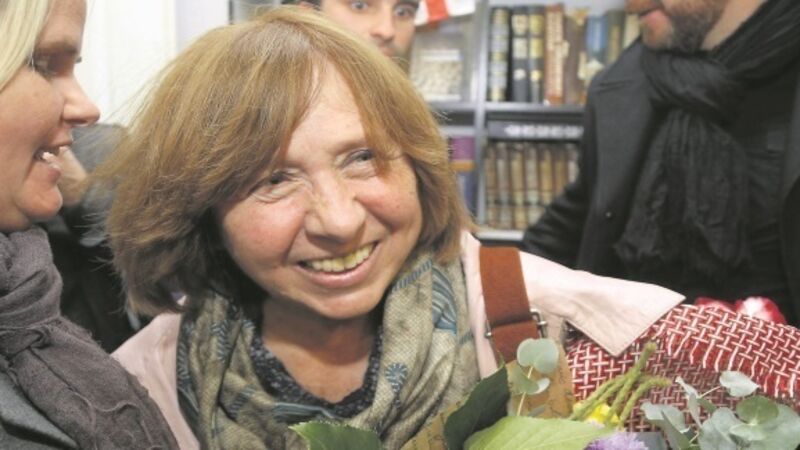‘All we knew about war was what men told us’

IT WAS 1985, and change was in the air in the Soviet Union. Ageing general secretaries were dropping like flies. Elem Klimov’s cinematic magnum opus “Come and See” depicted World War II without the heroics on which we were reared, highlighting the tremendous human suffering instead. Klimov’s approach echoed that of Svetlana Alexievich — this year’s Nobel laureate in literature — in her first book, War’s Unwomanly Face, published the year before.
But, whereas many rushed to see Klimov’s film, Alexievich’s book did not seem to excite readers. The Soviet Union, supposedly progressive, remained rooted in patriarchy. Women had jobs, but rarely careers.
















